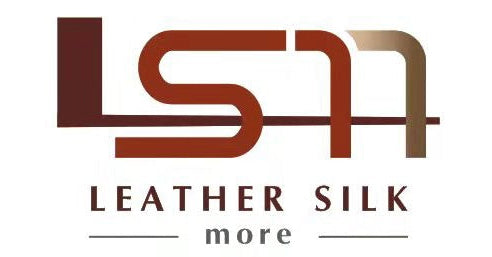Identifying Genuine Full-Grain Leather: Tips for Buyers
When investing in leather goods, especially those made from full-grain leather, it's crucial to ensure you're getting the real deal. Full-grain leather is prized for its durability, natural beauty, and unique characteristics, but it can be challenging to identify if you're not familiar with its features. This blog will provide tips to help buyers identify genuine full-grain leather and make informed purchasing decisions.
Understanding Full-Grain Leather
1. What is Full-Grain Leather? Full-grain leather is the highest quality leather available, made from the top layer of the hide. It retains all the natural grain, including any imperfections such as scars, wrinkles, and variations in texture. This leather is not sanded or buffed, which helps preserve its strength and durability.
2. Why Choose Full-Grain Leather? Full-grain leather is known for its exceptional durability, breathability, and ability to develop a rich patina over time. Its unique appearance and long-lasting quality make it a preferred choice for high-end leather products.
Tips for Identifying Genuine Full-Grain Leather
1. Look for Natural Marks and Imperfections
- Scars and Blemishes: Genuine full-grain leather will have natural marks such as scars, insect bites, and stretch marks. These imperfections add character and indicate that the leather is made from the hide's top layer.
- Texture Variations: Full-grain leather has an uneven texture with visible grain patterns. The surface should feel slightly rough or pebbly to the touch, not perfectly smooth.
2. Examine the Edges
- Unfinished Edges: Full-grain leather often has raw or unfinished edges, which reveal the natural fibers of the hide. This contrasts with synthetic or lower-quality leathers, which may have sealed or painted edges.
- Visible Layers: Look closely at the edges to see if you can identify multiple layers or a consistent grain pattern through the leather's thickness. Genuine full-grain leather should have a uniform appearance.
3. Perform the Water Test
- Water Absorption: Genuine full-grain leather will absorb water. Place a few drops of water on the surface and observe how quickly it is absorbed. The water should soak into the leather within a few seconds, darkening the area slightly. Synthetic or lower-quality leathers may repel water or take longer to absorb it.
4. Check for a Natural Scent
- Leather Scent: Full-grain leather has a distinctive, rich, and earthy smell. This natural scent is different from the chemical or plastic-like smell of synthetic leathers. Take a sniff of the leather to check for this authentic aroma.
5. Assess the Price and Brand Reputation
- Higher Price: Full-grain leather products are typically more expensive due to their quality and durability. Be cautious of products labeled as full-grain leather but priced significantly lower than expected.
- Reputable Brands: Purchase from reputable brands or retailers known for their quality leather goods. Established brands are more likely to use genuine full-grain leather and provide accurate product descriptions.
6. Examine the Back Side of the Leather
- Suede-Like Texture: The backside of full-grain leather should have a suede-like texture, indicating that it is the underside of the hide. This contrasts with bonded or faux leather, which may have a different material or finish on the back.
7. Check for Manufacturer Information
- Product Labels: Look for detailed product labels or descriptions that specify the type of leather used. Reputable manufacturers will clearly indicate if the product is made from full-grain leather.
- Craftsmanship: High-quality craftsmanship often accompanies genuine full-grain leather products. Check the stitching, hardware, and overall construction of the item for signs of quality workmanship.
Conclusion
Identifying genuine full-grain leather requires attention to detail and a bit of knowledge about its unique characteristics. By looking for natural marks and imperfections, examining the edges, performing the water test, checking for a natural scent, assessing the price and brand reputation, and examining the backside of the leather, you can confidently identify full-grain leather products. Investing in full-grain leather ensures you receive a durable, beautiful, and timeless piece that will last for years.
